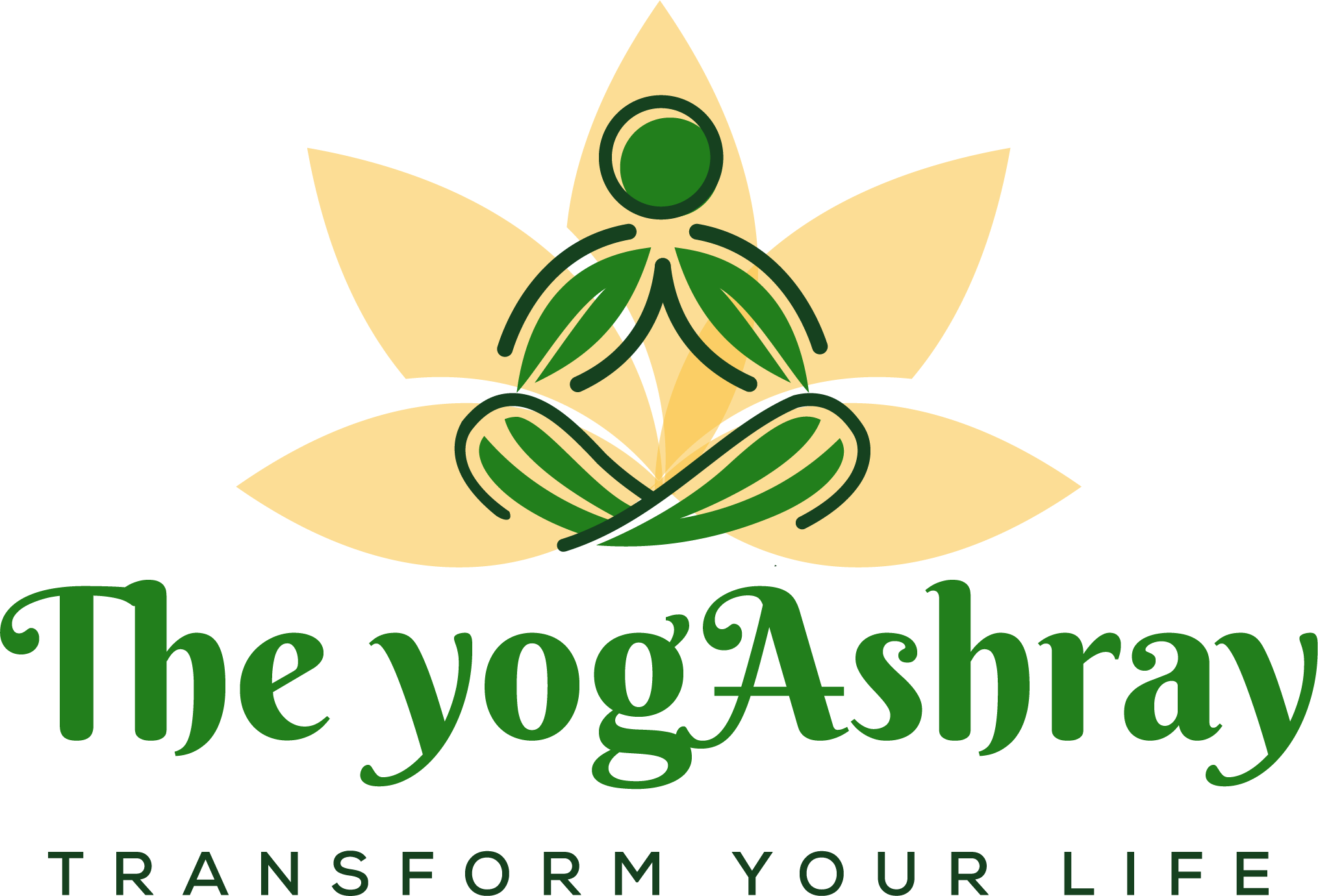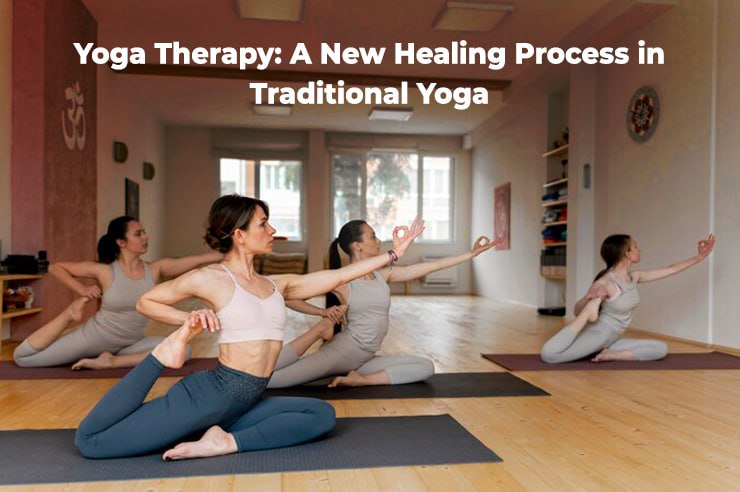
Lifestyle Diseases and their Prevention through yoga Therapy
August 8, 2024
Yoga and Meditation in Today’s Digital Age
October 25, 2024Namaste everyone, I hope you are enjoying Yogashray blogs and if you do so, please share the blogs with your family and friends. Today, I have something interesting and even more important for you. We all know what yoga is and how It changes people’s lives. However, this blog is not about Yoga, it is about how Yoga has evolved. Let me tell you about it with a real-life encounter. I was taking a women’s seminar in Mumbai and once I finished the webinar, many women shared their health problems – some were facing diabetes, others were facing high blood pressure. Some were facing back pain problems, while others complained about their overweight. That is when I introduced them to yoga therapy, a modern and evolved form of yoga backed by modern science.
Yoga has long been celebrated for its holistic benefits, encompassing physical, mental, and spiritual well-being. While traditional yoga offers a general approach to these dimensions, Yoga Therapy takes a more targeted and individualized path. This specialized practice blends ancient yogic wisdom with modern therapeutic techniques to address specific health challenges.
What is Yoga Therapy?
Unlike traditional yoga, which focuses on overall wellness, Yoga Therapy is a personalized treatment plan designed to heal specific physical, mental, or emotional conditions. It incorporates a combination of asanas (postures), pranayama (breath control), meditation, and lifestyle counseling to promote recovery and overall health.
Yoga Therapy vs. Traditional Yoga
While both practices share the foundation of yoga, Yoga Therapy differs significantly in its approach. Traditional yoga is often practiced in a group with a general focus on physical fitness and stress reduction, and yoga Therapy, on the other hand, involves one-on-one sessions with a certified therapist who creates a customized plan based on the individual’s unique needs.

The Science Behind Yoga Therapy
Emerging research strongly supports the efficacy of Yoga Therapy in managing a wide range of health conditions. Studies have demonstrated its effectiveness in reducing chronic pain, improving cardiovascular health, and alleviating symptoms of anxiety and depression. These findings have led to increased recognition of Yoga Therapy with both conventional and complementary medicine.
Physical and Mental Benefits
Yoga Therapy offers a comprehensive approach to healing, addressing both physical and mental well-being. Incorporating gentle, targeted postures and breathing exercises can help to improve flexibility, strength, and postures also reducing pain and inflammation.
On the mental health front, Yoga Therapy is particularly effective in managing stress, anxiety, and depression. Mindfulness techniques and meditation cultivate inner peace, resilience, and improved cognitive function.
A Holistic Healing Plan
A cornerstone of Yoga Therapy is a comprehensive assessment of the individual’s health, lifestyle, and goals. This information is used to create a personalized plan that includes:
Yogic counseling: Guidance on incorporating yoga practices into daily life.
Dietary adjustments: Understanding the impact of food on overall health.
Behavioral changes: Developing healthy routines and stress management techniques.
The Four Pillars of Yoga Therapy

Rooted in the Ayurvedic principles of Ahar (diet), Vihar (lifestyle), Achar (conduct), and Vichar (thoughts), Yoga Therapy addresses these essential aspects of well-being. By balancing these four elements, individuals can experience profound healing and harmony.
Yoga Therapy represents a powerful evolution of traditional yoga, offering a personalized and evidence-based approach to health and healing. Combining ancient wisdom with modern therapeutic techniques empowers individuals to take control of their well-being and embark on a transformative journey.
Moreover, once the seminar was done, every woman who attended it, learned about Yoga Therapy. I am happy that people are curious about Yoga and I feel overwhelmed to help them learn more about it.


